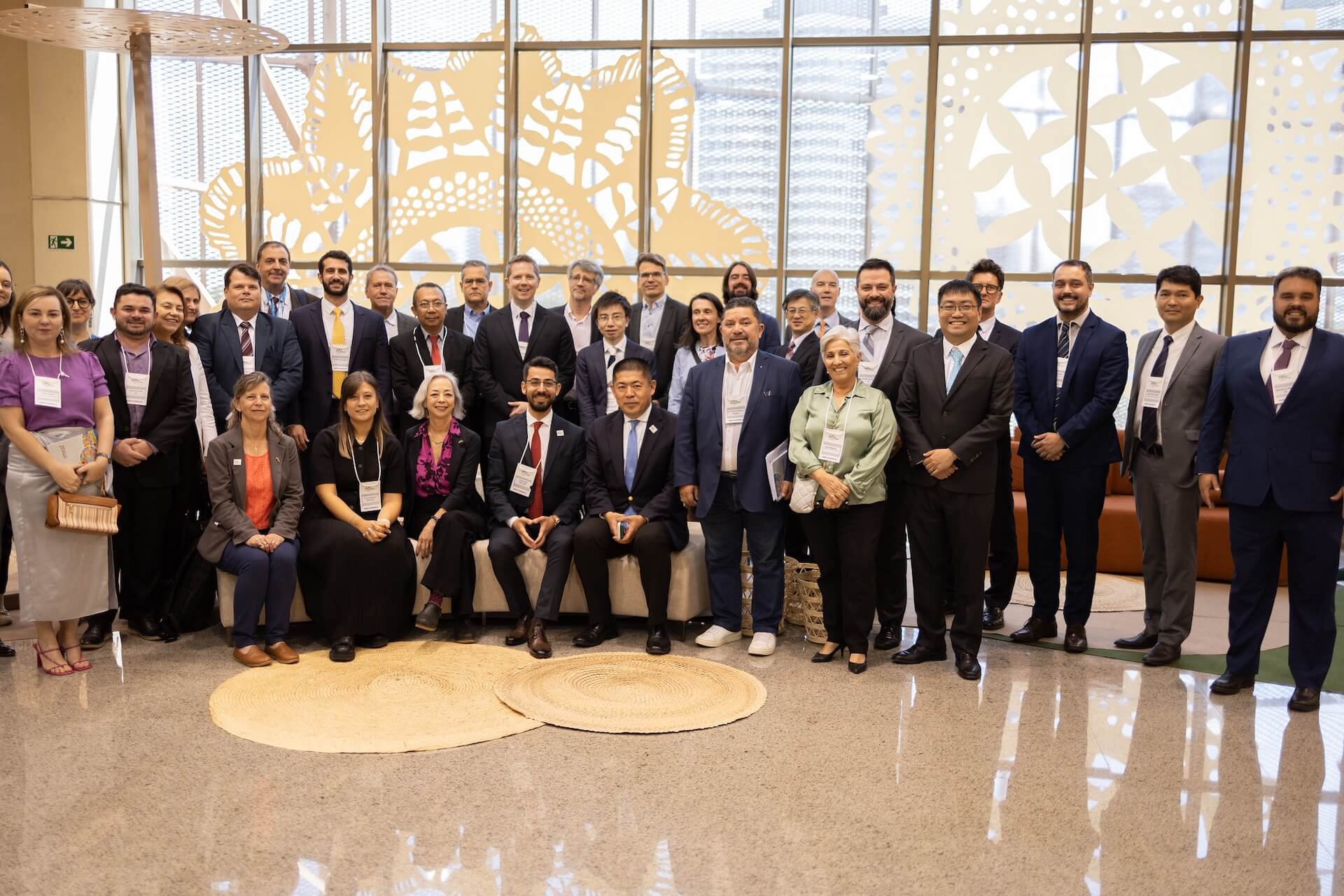First side event of Employment WG focuses on protecting workers from climate change impacts
The Occupational Safety and Health (OSH) Network, under the International Labour Organization (ILO), organized the event in Fortaleza to discuss strategies for mitigating the impact of extreme heat on workers' health. This meeting precedes the final technical session of the Employment Working Group (EWG), scheduled to begin on July 23.

A key pillar of the G20 Employment Working Group (EWG) is ensuring a just transition for workers amid digital and energy transformations, including job retention and improved working conditions in the new climate scenario. Protecting workers from heat stress was the focus of the Occupational Safety and Health (OSH) Network event in Fortaleza on Monday (22). This was the first EWG side event coordinated by Brasil's Ministry of Labor and Employment (Ministério do Trabalho e Emprego/MTE). The EWG technical meetings start on Tuesday (23).
What is climate stress? Essentially, it refers to the impact of rising temperatures on the human body. A study by the Oswaldo Cruz Foundation (Fundação Oswaldo Cruz/Fiocruz) indicates the potential risks for increased mortality from cardiovascular and respiratory diseases. The impact varies based on socioeconomic and demographic conditions, as well as access to and quality of health services.
Zhao Li, deputy director of the U.S. Department of Labor and co-chair of the OSH Network with a representative from Türkiye, emphasized the significant global economic impact of rising temperatures on countries. Citing ILO data, he warned that extreme heat could reduce the productivity of 80 million workers worldwide by 2030. "We need preventive measures to protect our workforce and mitigate health problems," Li stressed.

Workers face excessive heat in outdoor and indoor environments, with construction and agriculture being the most affected industries. Wellington Kaimoti, a labor inspector from the MTE, discussed Brasil's actions to protect workers' health and safety. "Agribusiness employs 27% of Brasil's workforce. In response to heat stress, we revised and updated Regulatory Norm 31 for agricultural activities in 2019," Kaimoti said, noting that these rules are now aligned with international standards. The Regulatory Norms (NRs) complement the Brazilian Consolidation of Labor Laws (Consolidação das Leis do Trabalho/CLT) measures.
In his speech, David Michael, a professor at George Washington University, warned of unprecedented and increasingly common heat waves. According to Michael, 2.4 billion workers worldwide are exposed to heat stress, with 1.6 billion in agriculture and construction. Other affected sectors include delivery services and activities at ports and airports.
Professor Michael also cited data from India's textile industry, where studies show that productivity drops by 4% for every degree above 27°C. "We need to understand further the impact of heat stress on productivity and health. Attention is crucial as the problem worsens year by year," he concluded.
Call to action on worker safety
The meeting highlighted the critical need for measures to protect workers from extreme heat. It concluded with a call to action initiated by the Partnership for Workers’ Rights, a pioneering Brasil-U.S. initiative for decent work that addresses workers' rights related to heat stress. The Partnership and ILO will spearhead a campaign focused on social dialogue, research, awareness, and international cooperation to tackle heat stress in the workplace, across sectors, nationally and globally. Representatives from other countries have expressed enthusiasm for the campaign.
OSH Network
Established by the ILO, the OSH Network comprises experts from academia, researchers, government, employers, and workers. Its mission is to raise awareness about global occupational safety and health issues and to assist in formulating effective policies to protect workers. The Network meets in person annually, often coinciding with the G20 meetings, as it did this year.
With information provided by the Ministry of Labor and Employment